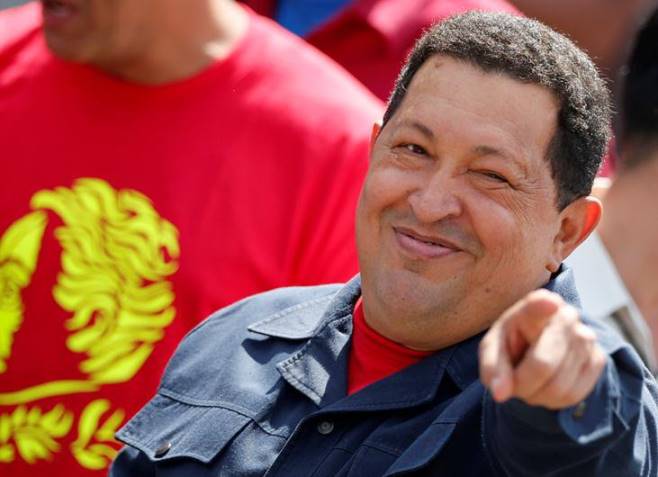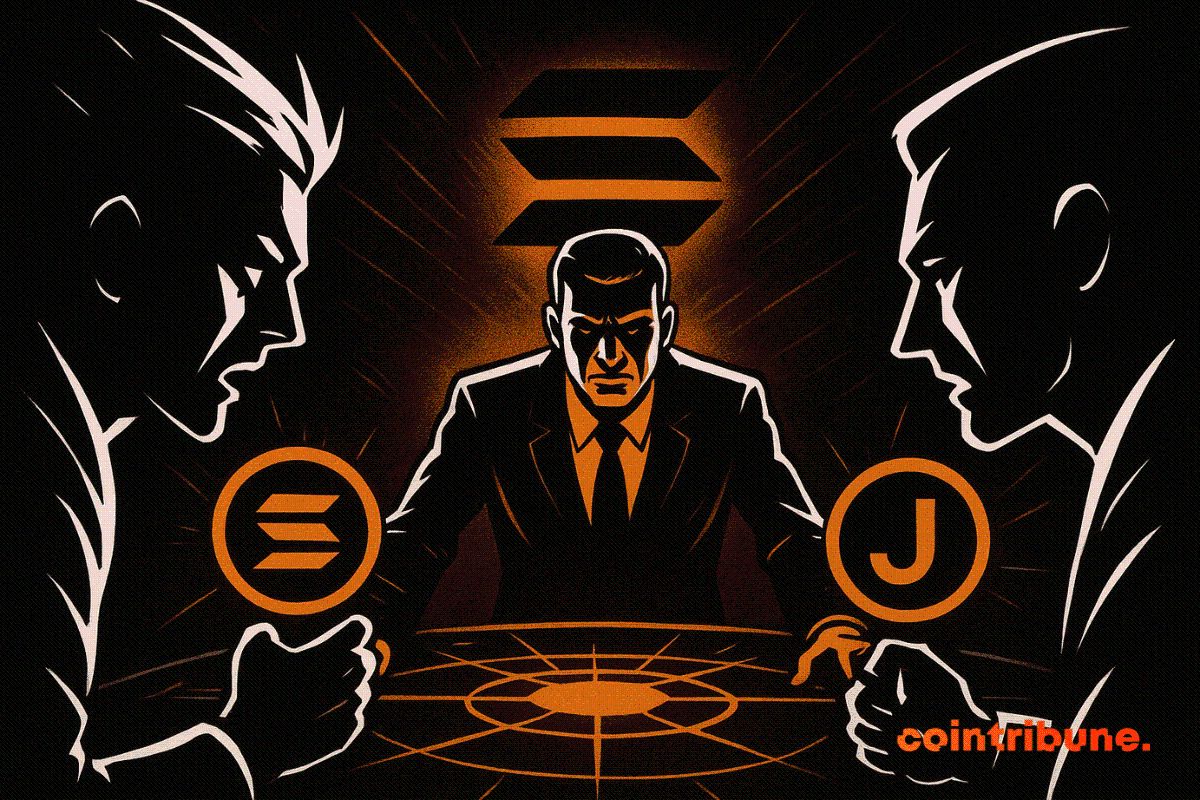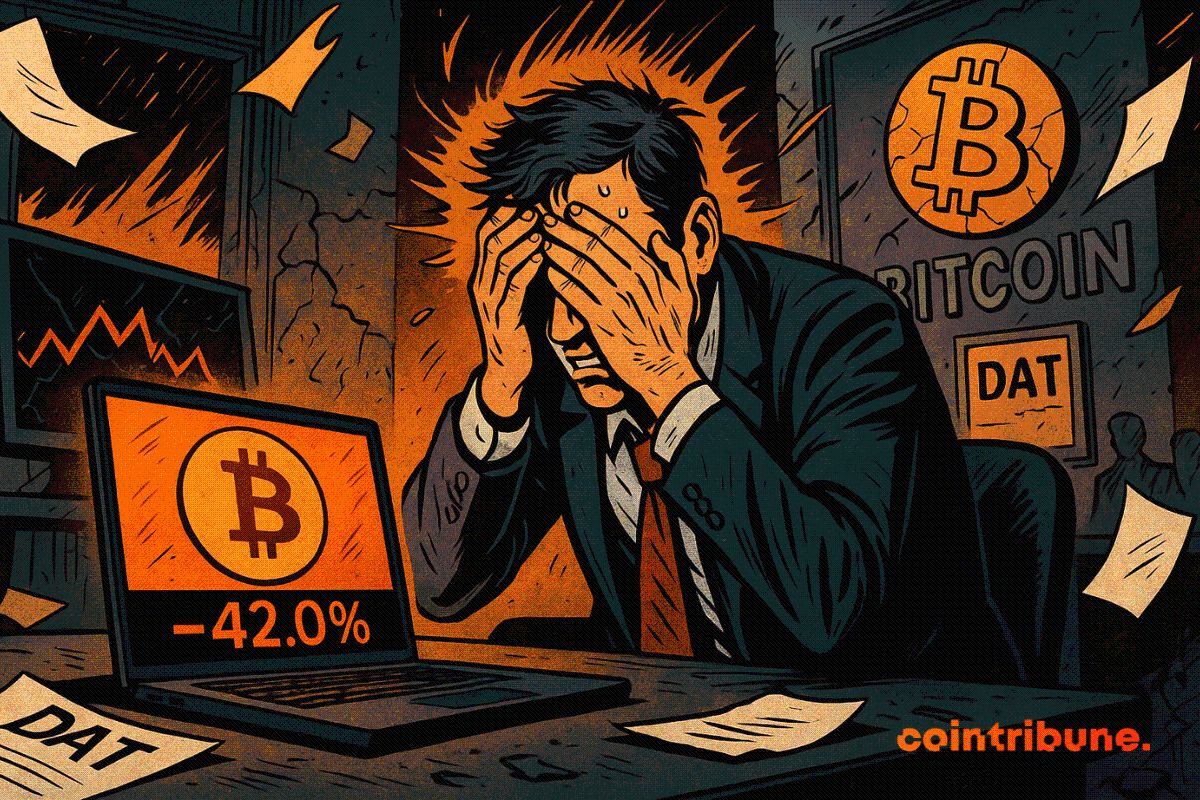El Salvador Plans Bitcoin Banks, Strengthens Leadership in Bitcoin Adoption
- El Salvador Announces Plan to Create Bitcoin Banks
- Max Keiser cites movement as part of global change
- Country holds more than 6.200 BTC in official reserves
El Salvador signaled a new step in its Bitcoin adoption strategy, announcing plans to create banks dedicated exclusively to the market's leading cryptocurrency. The initiative was revealed on August 8th by the country's Bitcoin Office, which posted on X: "Bitcoin banks are coming to the Bitcoin country."
🇸🇻🚀 pic.twitter.com/DEGUKMmhfd
— The Bitcoin Office (@bitcoinofficesv) August 8, 2025
Although details have not yet been released, the measure may involve a legal framework that allows Bitcoin-based financial institutions to operate, offering services such as deposits, loans, and payments directly denominated in the digital currency.
Max Keiser, President Nayib Bukele's senior Bitcoin advisor, described the advance as "unstoppable" and part of a global transformation that challenges traditional banking structures. According to him, Bitcoin is absorbing approximately $400 trillion in stored value worldwide, gradually reducing the influence of central banks.
𝐀M𝐀Z𝐈N𝐆‼️ Bitcoin Continues Its 𝑼𝑵𝑺𝑻𝑶𝑷𝑷𝑨𝑩𝑳𝑬 Vector In El Salvador.
Bitcoin – Tℎe I𝑛v𝑎s𝑖v𝑒 𝑆p𝑒c𝑖e𝑠 – Is Eating All The World's $400 Trillion In Stored Value While Rendering Inert All The Central Banks & Their Doomed, Archaic, 3-Letter Agency Helpers.
— Max Bitcoin (@maxkeiser) August 8, 2025
The Central American country made history in 2021 by becoming the first nation to adopt Bitcoin as legal tender. Since then, it has built a reputation as a cryptocurrency-friendly jurisdiction, attracting companies like Tether, which has established its headquarters there.
Official data indicates that El Salvador currently holds 6.262,18 BTC, valued at over US$730 million at current prices. This portfolio reinforces the country's image as a global center of innovation in Bitcoin usage.
Despite domestic enthusiasm, Bitcoin-based monetary policy has drawn criticism from international financial institutions. The International Monetary Fund (IMF) has warned about volatility risks and fiscal impact. The IMF also recently stated that El Salvador has not made any new Bitcoin purchases since the end of 2024, claiming that recent acquisition announcements were merely internal transfers.
Still, the Salvadoran model is sparking interest in other nations. Bolivia, for example, is reportedly analyzing the country's experience as a benchmark for potential Bitcoin projects of its own.
With the creation of banks dedicated exclusively to cryptocurrency, El Salvador reinforces its strategy of establishing itself as an international hub for financial services based on digital assets, while maintaining its focus on expanding its infrastructure and integrating its economy into the global Bitcoin ecosystem.
Disclaimer: The content of this article solely reflects the author's opinion and does not represent the platform in any capacity. This article is not intended to serve as a reference for making investment decisions.
You may also like
Espresso co-founder’s decade in crypto: I wanted to disrupt Wall Street’s flaws, but witnessed a transformation into a casino instead
Everything you've been hoping for may have already arrived; it just looks different from what you expected.

Solana Foundation Steps In as Kamino and Jupiter Lend Dispute Intensifies

Bitcoin Firms Confront the Boomerang Effect of Excessive Leverage

Ethereum Burns $18B, Yet Its Supply Keeps Growing

